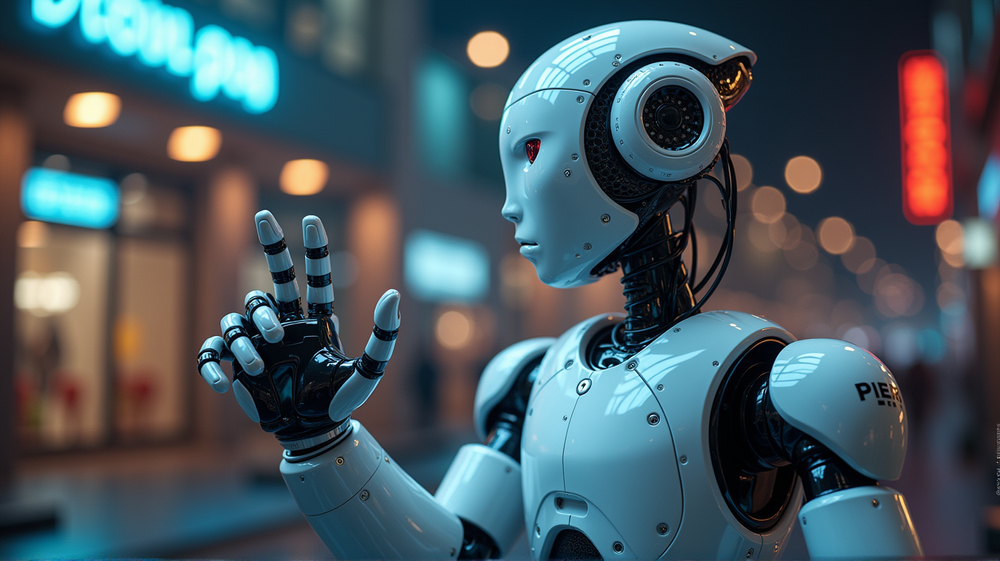In a move that electrified the tech and entertainment industries, Midjourney, the leading AI image platform, has taken a firm stance against Disney and Universal Studios regarding the ongoing copyright lawsuit. The lawsuit was filed in June, accusing Midjourney of orchestrating “vast, intentional, and unrelenting copyright infringement.” The tech company, however, argues that studios like Disney cannot restrict the training of artificial intelligence on existing works, spotlighting a fundamental conflict over creative rights and technological advancement. Such a dispute not only highlights current tensions but also the broader implications for the future of AI in creative fields. According to Variety, the lawsuit reflects the growing pains as industries grapple with the evolving capabilities and ramifications of AI.
The Core of the Conflict
Disney and Universal’s lawsuit claims that Midjourney enables users to infringe on copyrighted works through its platform. At the heart of this battle lies the nature of AI training itself. When does emulating a style become an infringement? Midjourney defends their position by insisting that AI’s training processes require freedom to evolve, not shackled by outdated laws that stifle innovation. This move raises key questions about the boundaries of copyright in a digital age.
Midjourney’s Defense: An Unyielding Argument
Midjourney’s response highlights an essential contradiction: the studios themselves often leverage AI advances to enhance their work but now seek to hinder one of its natural evolutions. By arguing that the studios “want to have it both ways,” Midjourney underscores the delicate balance between protection and exploration in technological innovation. The startup aims to make its case about the necessity for open AI training, which involves observing and learning from prevalent art and designs to develop new, unique products.
Legal and Ethical Implications
Beyond the courtrooms, this case raises significant ethical considerations. At what point does protecting an artist’s rights start to encroach upon technological progression and new forms of creativity? Midjourney’s defiance resonates with many tech advocates who argue for a more flexible legal framework to accommodate the rapidly advancing digital landscape. Such cases could set precedents that will influence future legislation regarding AI use.
Industry’s Response and the Future
This case has captured the attention of many stakeholders in the tech and creative industries alike, everyone eagerly watching the developments unfold. As companies strive to harness the full potential of AI without crossing legal boundaries, the outcome of this lawsuit could be a pivotal moment for AI integration in creative fields. The tech community, alongside legal experts, continues to debate the extents and limits of AI innovation.
This ongoing debate is emblematic of broader societal shifts in understanding creativity and intellectual property. As industries continue to adapt to these powerful tools, Midjourney’s fight with Disney reflects not just a legal dispute, but a broader cultural conversation about the future of art, law, and technology.













